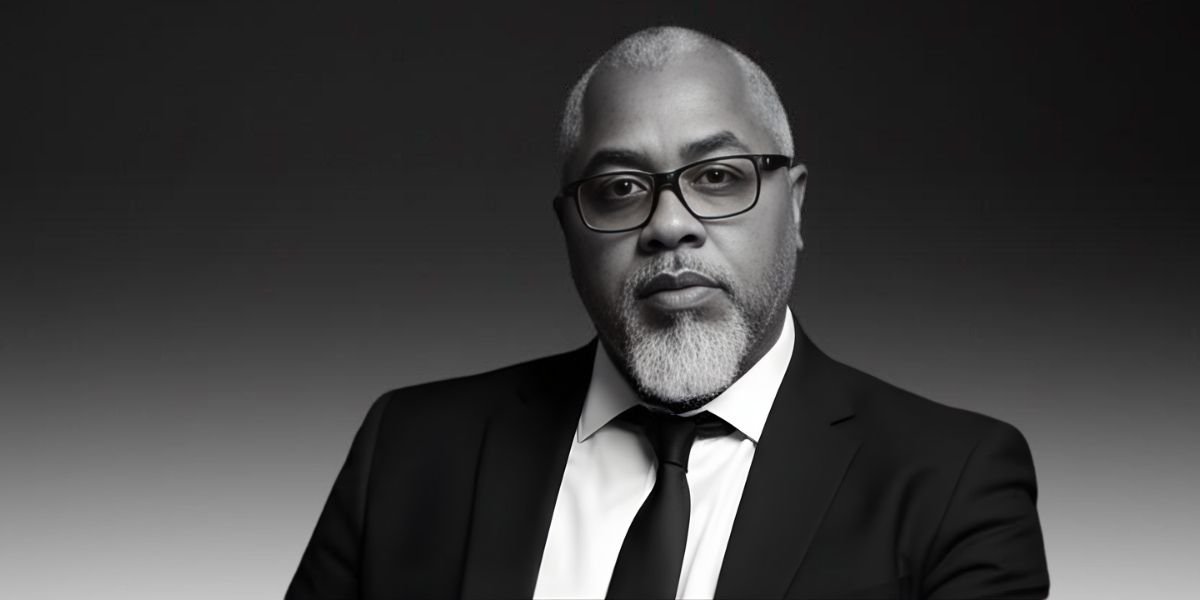In a world shaped by rapid demographic shifts, rising economic inequality, and the accelerating impact of climate change, few investments appear to carry as much potential for long-term benefit as the education and empowerment of girls. That is the central idea behind the 10 Million African Girls campaign, or 10MAG, a sweeping initiative launched in March 2025 by Simi Nwogugu, the CEO of JA Africa.
While the campaign is rooted in Africa, its influence extends globally. As the world economy continues to navigate the aftershocks of geopolitical instability, inflation, and supply chain realignment, the untapped potential of African youth stands out as a valuable resource. By 2050, Africa is expected to account for nearly one quarter of the world’s population. With over 60 percent of its current population under 25, Africa is not only the youngest continent but also increasingly pivotal to the global labor force of the future.
Yet girls across the continent often remain disproportionately excluded from economic life. In many regions, fewer than one in three girls completes high school. Child marriage, adolescent pregnancies, and limited access to healthcare, technology, and capital leave millions without the necessary tools to participate fully in formal economies. These systemic challenges affect individuals and also create significant constraints on national productivity and global growth.
This is where 10MAG aims to make a difference.
Spearheaded by Nwogugu and supported by JA Africa’s expansive network across 23 countries, 10MAG is a campaign with a clear mission: to equip ten million African girls by 2050 with the skills, knowledge, and mentorship that can help them become entrepreneurs, leaders, and economic changemakers. The campaign offers targeted training in financial literacy, entrepreneurship, advocacy, and climate resilience. It is not only focused on awareness or temporary access but is designed to foster measurable outcomes.
Its first official cohort, 52 girls from seven African countries, graduated from JA Africa’s LEAD Camp earlier this year in Ghana. These girls are the inaugural members of a growing network intended to support African girls not only through education but through active engagement in Africa’s emerging economic sectors.
The timing of 10MAG is significant. According to the World Bank, advancing gender equality in Africa could contribute over 300 billion dollars in economic growth by 2025. The cost of exclusion could be even higher. When girls are denied opportunities to participate in the labor market, nations may miss out on potential innovation, productivity, and consumer spending.
Nwogugu, a Harvard MBA and globally recognized advocate for youth development, emphasizes that the 10MAG campaign is designed as an economic model rather than a charity. The girls trained by 10MAG are envisioned as future founders, policy advocates, and social entrepreneurs, equipped to address the challenges of their communities using business and civic tools.
10MAG also integrates sustainability into its core approach. In partnership with the UN Environment Program, JA Africa has launched initiatives like the Plastic Tide Turners Challenge, which encourages youth to become environmental stewards and climate leaders. This kind of holistic education is particularly important on a continent already experiencing substantial impacts from global warming despite contributing minimally to its causes.
For global markets, especially in North America, Europe, and Asia, the implications are becoming increasingly clear. Africa is positioned to be a cornerstone of economic growth in the coming decades. Supporting equitable development there is not only an act of goodwill but also a strategic consideration — a way to help address potential future labor shortages, foster innovation, and open access to emerging markets. Campaigns like 10MAG represent scalable development models that aim to center inclusion without compromising sustainability or economic rigor.
Nwogugu’s campaign also presents an intriguing opportunity for impact investment. Currently, women-led startups receive only a small fraction of venture funding in Africa. By investing early in the pipeline, 10MAG works to prepare its participants to become more bankable and investable over time. For those looking to diversify their portfolios while contributing to global development, the campaign offers a meaningful entry point.
At a time when much of the world faces stagnant growth, strained public budgets, and declining birth rates, Africa stands out for its vitality and potential. However, this future is less likely to be fully realized unless girls are included at the heart of the conversation.
10MAG is a solution grounded in data, energized by community, and scaled through strategic planning. While the campaign focuses on girls, its impact is shared by the entire world. As Nwogugu observes, “Africa is unlikely to reach its full potential if half of its youth remain marginalized. When investments are made in girls, the benefits extend toward greater stability, growth, and a fairer global economy.”
To learn more about the 10MAG campaign, visit www.10MAG.org.












